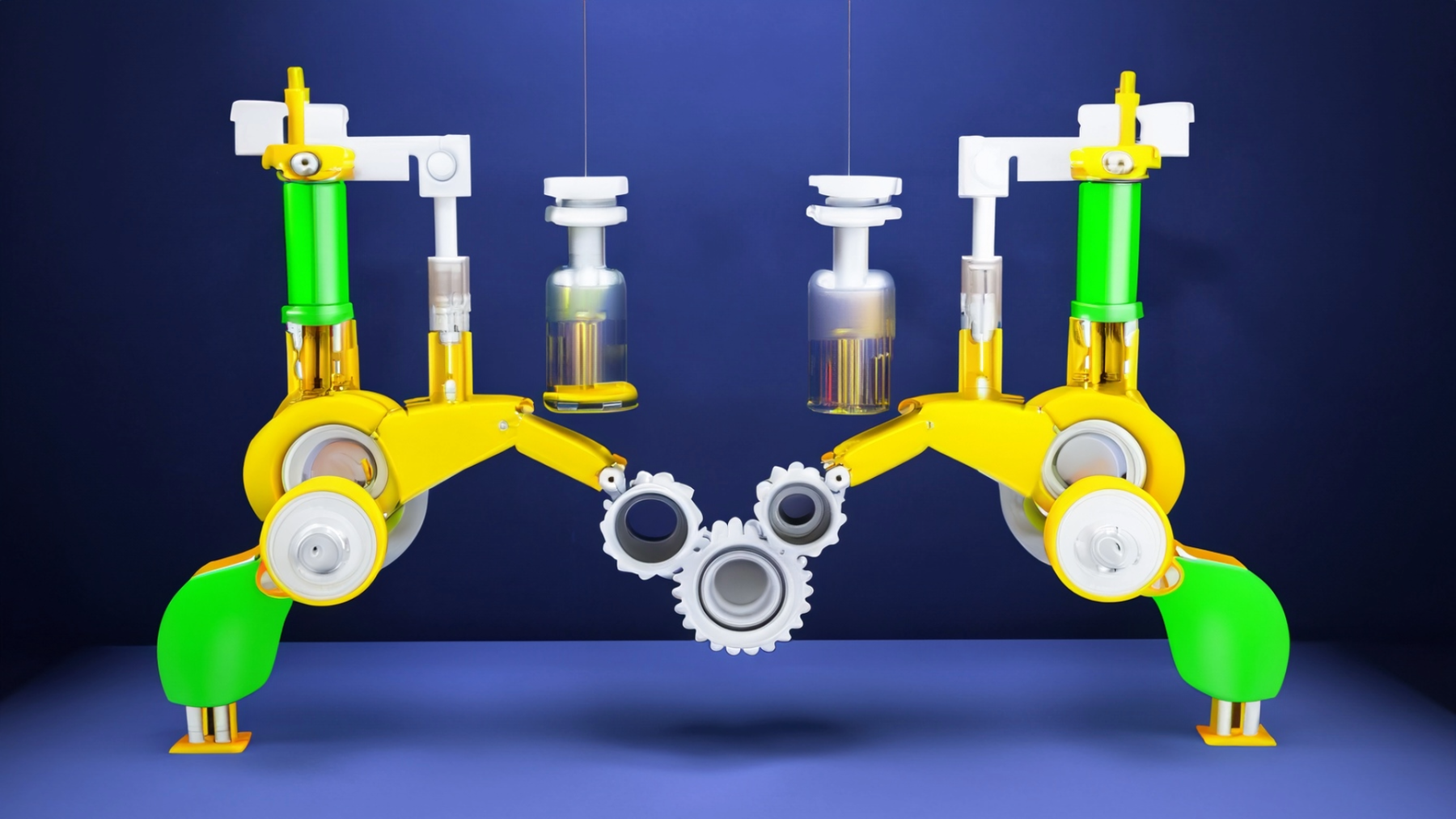
Exploring Simple Machines
by Tiffany Abney
Students will understand the concept of levers as simple machines and will identify and classify everyday objects as levers. Students will apply basic mathematical concepts to measure and compare the effectiveness of different levers.
Lesson Grade Level
2nd GradeLesson Plan Link/URL
https://docs.google.com/presentation/d/1pXg-AlLvTvKM30pE4IW-XrXcYf1FAgARzsoaDGx…Subject Area
Science Physical Science P2: Objects at a Distance Technology 4. Innovative Designer 5. Computational Thinker Engineering S1: Engineering & Global Society S2: Apply the Engineering Design Process S3: Apply Mathematics to Engineering S4: Apply Science to Engineering Mathematics Measurement and Data (MD) Geometry (G) English Language Arts (ELA) Reading (Literature)Related Content

Grades:
11th Grade, 12th Grade
This lesson plan focuses on the following standards : HS.P3U2.7 Use mathematics and computational thinking to explain how Newton’s laws are used in engineering and technologies to create products to

Grades:
1st Grade, 2nd Grade, 3rd Grade
In this lesson, students design, build and test model candy cars made from simple materials. They measure the changes in distance and travel by the addition of revision of design features. Students

Grades:
6th Grade, 7th Grade, 8th Grade, 9th Grade, 10th Grade, 11th Grade, 12th Grade
Are your students fans of Formula 1? If they are or aren't this lesson will take a look into the dominance of Red Bull Racing in Formula 1. Why is Red Bull so dominant? Is it the driver or the